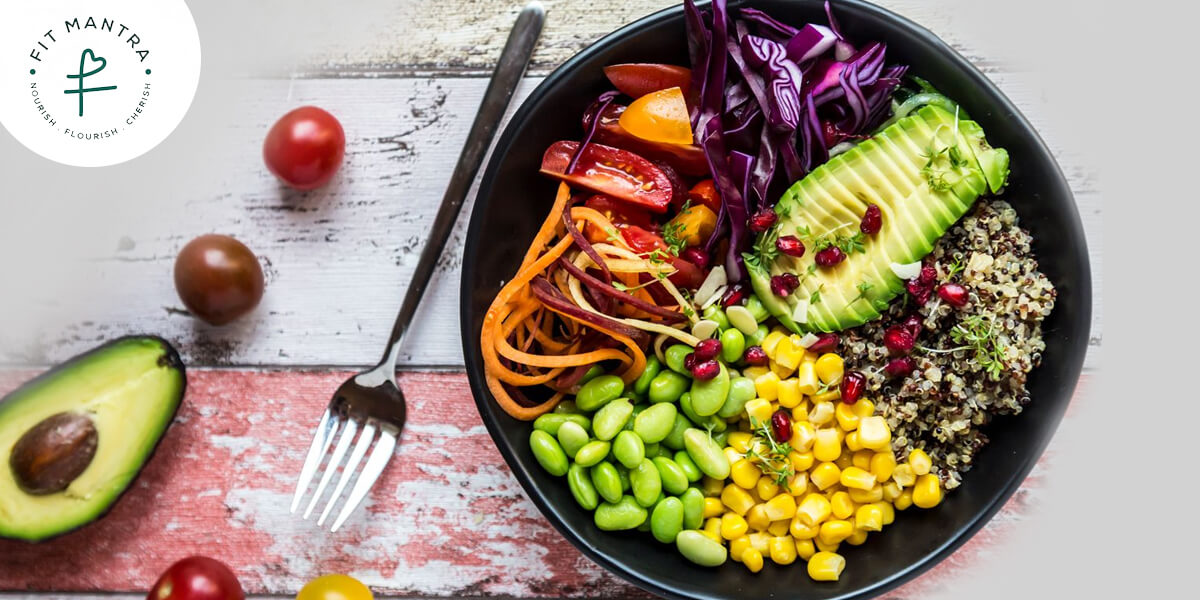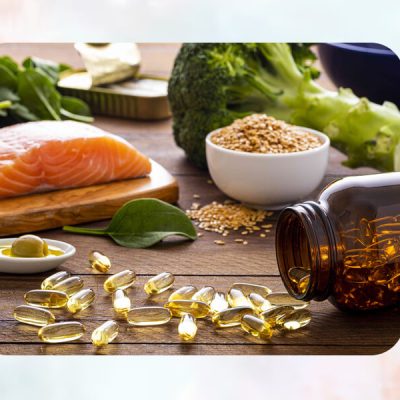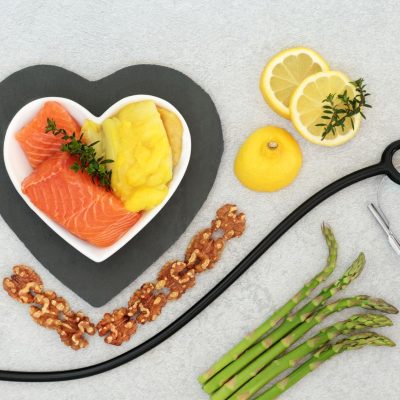High cholesterol levels can increase the risk of heart disease and other health
complications. Fortunately, making dietary changes can help manage cholesterol levels
effectively. Here are seven superfoods to incorporate into your diet for a heart-healthy
lifestyle:
1. Whole Grains
Whole grains, such as oats, barley, and quinoa, are rich in soluble fiber. Soluble fiber helps
reduce low-density lipoprotein (LDL) cholesterol, commonly known as “bad” cholesterol.
It forms a gel-like substance in the digestive tract, binding to cholesterol and preventing its
absorption. Additionally, whole grains contain plant sterols that further inhibit cholesterol
absorption. Start your day with a bowl of oatmeal or whole-grain cereal to boost your fiber
intake.
2. Garlic
Garlic contains allicin, a compound associated with cholesterol reduction. Allicin has
been shown to decrease total cholesterol levels and LDL cholesterol. It also has anti-inflammatory properties that benefit cardiovascular health. Incorporate fresh garlic into
your meals or consider garlic supplements to support heart health.
3. Legumes (Beans and Lentils)
Legumes are excellent sources of plant-based protein and fiber. They help lower LDL
cholesterol levels and stabilize blood sugar. The soluble fiber in legumes binds to
cholesterol in the gut, preventing its absorption. Regular consumption of beans, lentils,
and chickpeas has been linked to improved lipid profiles and reduced cardiovascular risk.
4. Avocados
Avocados provide monounsaturated fats (MUFAs) that improve high-density lipoprotein
(HDL) cholesterol levels. HDL cholesterol is considered “good” cholesterol because it
helps remove excess cholesterol from the bloodstream. Avocados also contain beta-sitosterol, a plant compound that competes with cholesterol for absorption in the
intestines. Add avocado slices to salads, and sandwiches, or enjoy guacamole as a hearthealthy snack.
5. Nuts
Walnuts, almonds, and other nuts contain healthy fats, fiber, and antioxidants. Regular nut
consumption has been associated with reduced LDL cholesterol levels. The combination
of unsaturated fats, phytosterols, and polyphenols in nuts contributes to their cholesterol-lowering effects. Enjoy a handful of nuts as a snack or add them to salads and yogurt.
6. Fatty Fish
Fatty fish like salmon, mackerel, and trout are rich in omega-3 fatty acids. Omega-3s
reduce triglycerides, decrease inflammation, and protect against heart disease. They also
enhance HDL cholesterol levels. Aim for at least two servings of fish per week to reap these
benefits.
7. Dark Chocolate and Cocoa
Dark chocolate contains flavonoids, specifically flavanols, which have been linked to
improved cardiovascular health. Flavanols may enhance endothelial function, reduce
blood pressure, and positively impact cholesterol levels. Opt for dark chocolate with at
least 70% cocoa content. Enjoy it in moderation as a treat, and choose varieties with
minimal added sugar.
Remember that a balanced diet, regular exercise, and stress management are essential for
maintaining optimal blood lipid levels. Consult a qualified dietitian before making
significant dietary changes, especially if you have existing health conditions.





